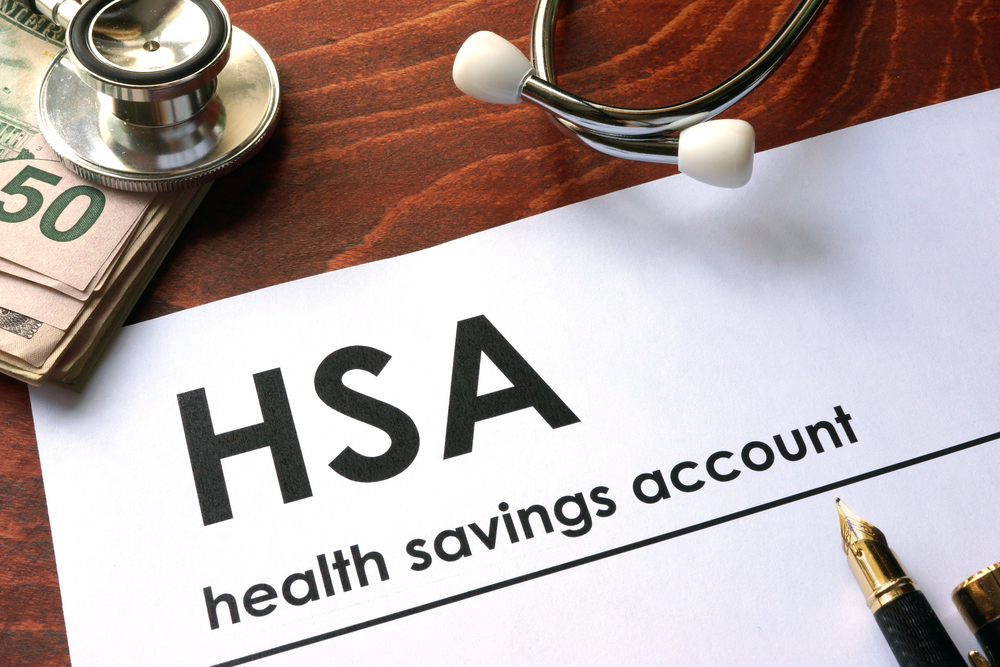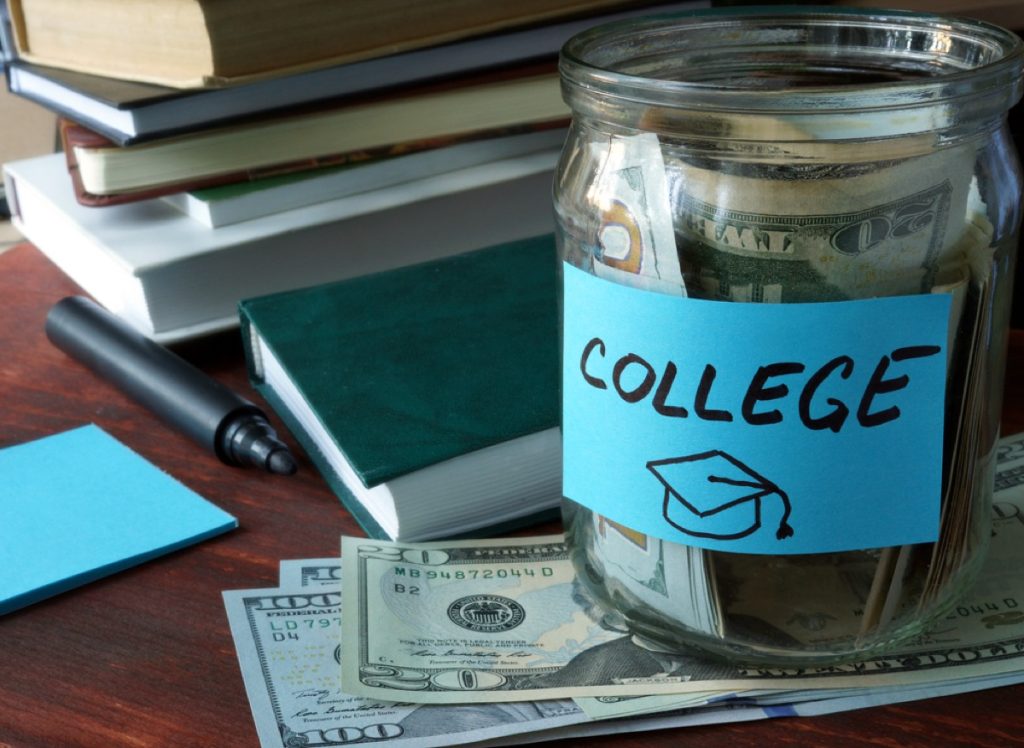5 Investment Accounts You Should Have After 50, According to Financial Planners
These are the best places to park your cash as you approach retirement.

Having a good plan for your finances is good at any age, but it becomes particularly important as we age. For some people, that means making moves to retire early. Others simply hope to make the most of their income and pad their savings in the later phases of their career. But no matter what your outlook may be, there are a few tactics that could help set you up for success in your late-middle-age years. Read on for the investment accounts you should have after you turn 50, according to financial planners.
READ THIS NEXT: Never Use Autopay for These 6 Bills, According to Financial Experts.
1
A health savings account (HSA)

Health expenses can be a serious burden at any phase in life, especially depending on your health insurance coverage. But if you're enrolled in the right type of plan, experts say that signing up for a health savings account (HSA) could be a wise way to invest in the future—and even help with your taxes in the short term.
"This is a valuable tool and account that allows you to save for both healthcare expenses and retirement," says Robert Farrington, founder of The College Investor. "You can contribute pre-tax money and withdraw the money at any time for qualifying healthcare expenses. However, as you enter retirement, you can also use the money tax-free for medicare expenses."
Another advantage is that the funds won't be limited after a specific time. "If you don't have enough medical expenses, the account ends up functioning like a traditional IRA in retirement where you can withdraw without penalty, but just ordinary income taxes if you're over 65," he explains.
2
A brokerage account

Working hard can be an excellent way to earn a salary, but those who understand finance know that getting your money to work hard for you can be one of the best ways to build on what you already have. That's where a brokerage account comes into play.
"This type of account allows you to invest in individual stocks, bonds, and mutual funds," Tim Doman, the newly appointed CEO of TopMobileBanks, tells Best Life. "It is a great way to diversify your portfolio and potentially increase your wealth. As a former investment banker, I have seen firsthand the benefits of having a brokerage account."
There are also other benefits to this type of investment. "Traditional brokerage accounts do not have contribution limits such as IRAs and 401(k)s," says Sanju Subnani, a finance expert with JustAnswer. "Investors can invest more into traditional brokerage accounts as they earn more income throughout their career."
However, make sure you're not being careless with where you direct your funds. "It's important to understand the risks involved and do your research before making any investments," Doman cautions.
For more financial advice delivered straight to your inbox, sign up for our daily newsletter.
3
A 401(k)/403(b) or IRA

Certain investments are explicitly made with your senior years in mind. And while they're even more effective when started at a younger age, having accounts like a 401(k) or IRA take on a new importance once you hit your 50s.
"Allowing investments to compound in a tax-deferred account like a 401(k) or 403(b) is like magic, and if available, it is probably really easy to set up. To top it off, if you contribute, you will probably decrease the amount you owe the IRS," says Daniel Seidel, a financial advisor at Oppenheimer & Co., who adds that they can be especially beneficial if your employer offers a matching contribution.
Farrington says that an IRA is helpful outside of a workplace plan. "It comes in two flavors: Roth and traditional," he explains. "Roth IRA allows you to contribute after-tax money today, and when you withdraw in retirement, it's tax-free! A traditional IRA allows you to use pre-tax money today—so you save on taxes—and you pay ordinary income taxes on your withdrawals in retirement."
But be careful about how you tie up your funds. "It is super important to remember with all retirement plans that pulling out any funds before age 59-and-a-half will result in a 10 percent penalty, so be sure to contribute only money you aren't going to need until then," Seidel cautions.
4
A 529 account

Raising a family of any size is a commitment on many levels, including financially. But besides the expected costs of raising children, you can plan ahead for your later years by putting your money in the type of account that will benefit both your offspring and your bottom line.
"For parents, a 529 account can be a great way to save and invest in their kids' future educational expenses," Seidel advises. "These plans work similarly to a Roth IRA in that the money grows tax-deferred and comes out of the account tax-free. The catch is that the funds must be used on educational expenses to get the tax-free benefit. For those parents planning on paying for their kids' college tuition, or even K-12 tuition, this account is a must-have."
READ THIS NEXT: This Is How Much Money You Need to Retire in Your State, According to Data.
5
A high-yield savings account

It's always a good idea to have money tucked away just in case the unexpected happens. And according to experts, this isn't the sort of financial risk that disappears with age.
"While not as glamorous as some of the other investment options, a high-yield savings account can be a great place to store emergency funds and earn a higher interest rate than a traditional savings account," says Doman. "It's important to have access to liquid funds in case of unexpected expenses, and a high-yield savings account can offer peace of mind while still earning a decent return."
Unfortunately, many may not realize this until it's too late. "There is a high percentage of Americans with less than $1,000 in savings," says Seidel. "And if the recent layoffs in tech showed us anything, it's the importance of an emergency fund no matter what line of work you are in. We typically recommend holding at least three months of living expenses in a savings account. You never know when you might need it."
Best Life offers the most up-to-date financial information from top experts and the latest news and research, but our content is not meant to be a substitute for professional guidance. When it comes to the money you're spending, saving, or investing, always consult your financial advisor directly.





















